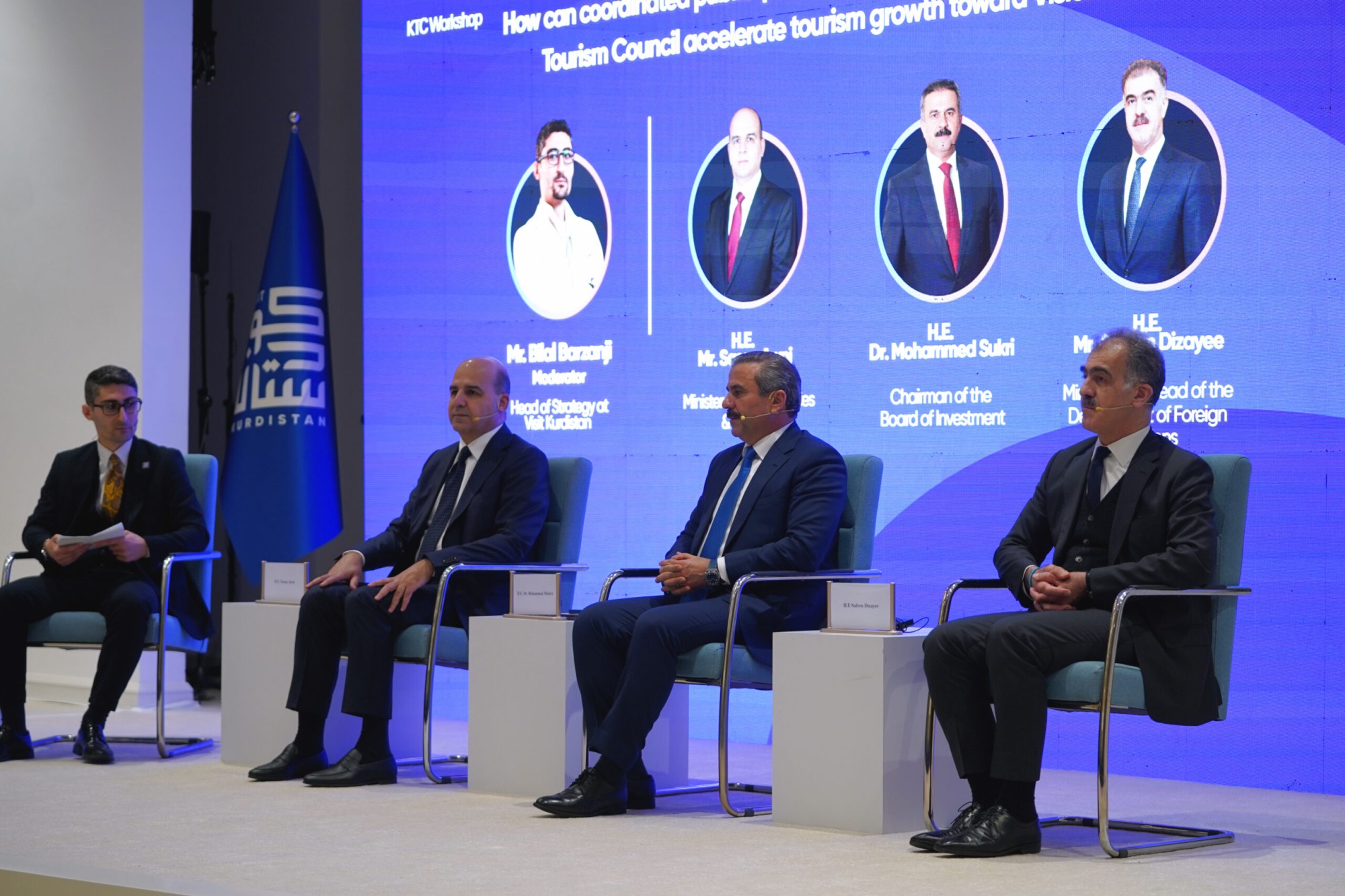On August 3, the 10th anniversary of the Yezidi Genocide, the U.S. Embassy in Baghdad urged Iraq to fully implement the Yezidi Survivors’ Law, as well as the 2020 Sinjar Agreement.
It added that this should be done “in consultation with the communities that call Sinjar home.”
In 2016, the U.S. government recognized the crimes against the Yezidi community as “genocide.”
Today we remember the victims and honor the strength and resilience of survivors of the genocide perpetrated by ISIS terrorists 10 years ago. We continue to advocate for justice and accountability for the Yezidi community and all those that suffered this horrific tragedy.
— Matthew Miller (@StateDeptSpox) August 3, 2024
In October 2020, Baghdad and Erbil signed the Sinjar Agreement with support of the UN in order to facilitate the return of displaced Yezidis. However, the agreement has not yet been implemented.
The U.S. Commission on International Religious Freedom also emphasized the importance of the Sinjar Agreement in a statement on August 2, 2024.
“The United States must continue to raise religious freedom concerns with Iraq’s federal government, urging it to limit the power of the abusive Popular Mobilization Forces brigades and to work with the KRG to fulfill the terms of the Sinjar Agreement, in consultation with Yezidi communities,” it said.
The Iraqi Council of Representatives adopted the Yezidi Survivors’ Law, on March 1, 2021. The law aims to provide financial reparations to Yezidis but has also not been fully implemented.
“Today, U.S. Mission Iraq recognizes the 10th anniversary of the start of the genocide perpetrated by ISIS against the Yezidis, as well as Christians and Shi’a Muslims,” the U.S. Embassy said.
“ISIS committed crimes against humanity and ethnic cleansing against these groups and in some cases against Sunni Muslims, Kurds, and other vulnerable communities. We remember and honor the victims. We also renew our pledge to all victims and survivors that we will continue our efforts on their behalf to deliver justice and to help them heal. Our full support to the Yezidi community is long-term and unwavering.”
Starting in August 2014, ISIS carried out a genocide against the Yezidis, resulting in the the deaths of thousands of people.
Almost 10 years later, thousands of Yezidi women and girls are still missing. Moreover, many Yezidis are still displaced in camps in the Kurdistan Region.
The U.S. Embassy in Baghdad said that the U.S. military played a key role in preventing ISIS assaults on displaced Yezidis stranded on Mount Sinjar and in delivering humanitarian relief.
In August 2014, then-U.S. President Barack Obama also authorized targeted airstrikes against ISIS in Iraq.
“Since then, the U.S. Mission Iraq has supported the ongoing recovery of the communities that suffered under ISIS. Between 2014 and 2017, ISIS displaced millions of Iraqis from their historic homelands, including the majority of Iraq’s Yezidi population,” the U.S. Embassy said.
Moreover, since 2018, the U.S. has invested more than $500 million specifically targeted toward the recovery of communities most affected by ISIS.
“This assistance includes provision of health and psychosocial services, protection, civil documentation, rebuilding schools and homes, as well as providing $2.3 million for the renovation of Lalish Temple.”
“This assistance ensures that survivors can live full and productive lives in peace and that their cultural and religious heritage continues. We remain committed to enabling survivors and all displaced persons a safe, dignified, voluntary, and sustainable return to their homeland in Sinjar.”
The U.S. Embassy said they also look “for ways to bring an end to the impunity still enjoyed by ISIS members and financiers. We are working to ensure that ISIS cannot resurge. Just as the Coalition worked with Iraq Security Forces to territorially defeat them, we seek justice for this terrorist group’s barbarity and crimes against humanity, in cooperation with the Government of Iraq and our partners.”
“The full renewal of Iraq’s diverse communities can only be achieved through justice and accountability.”

